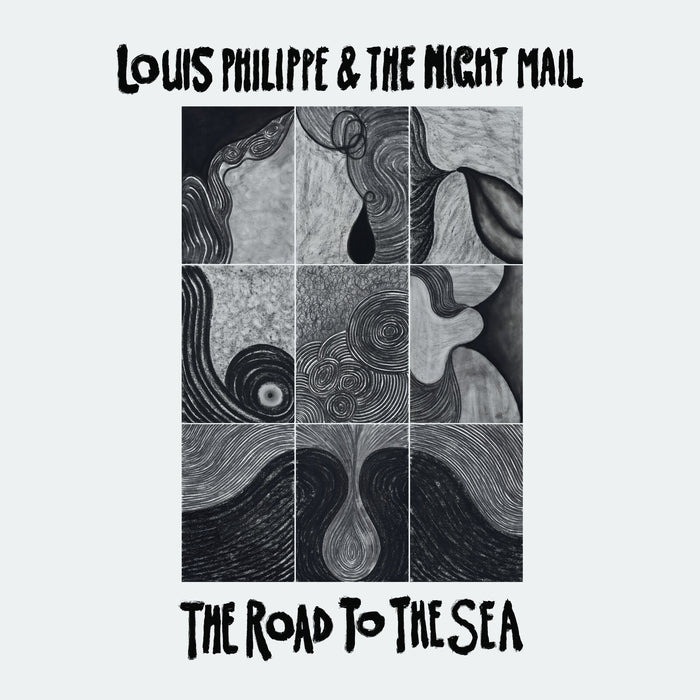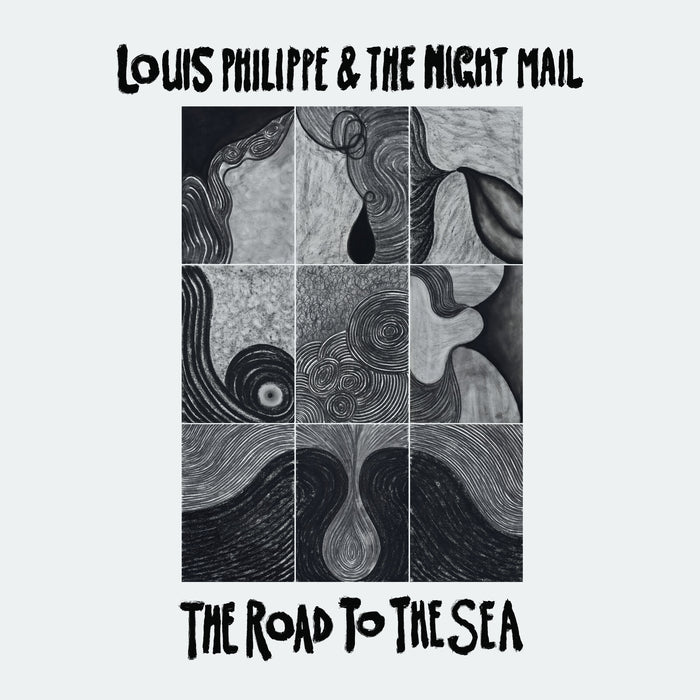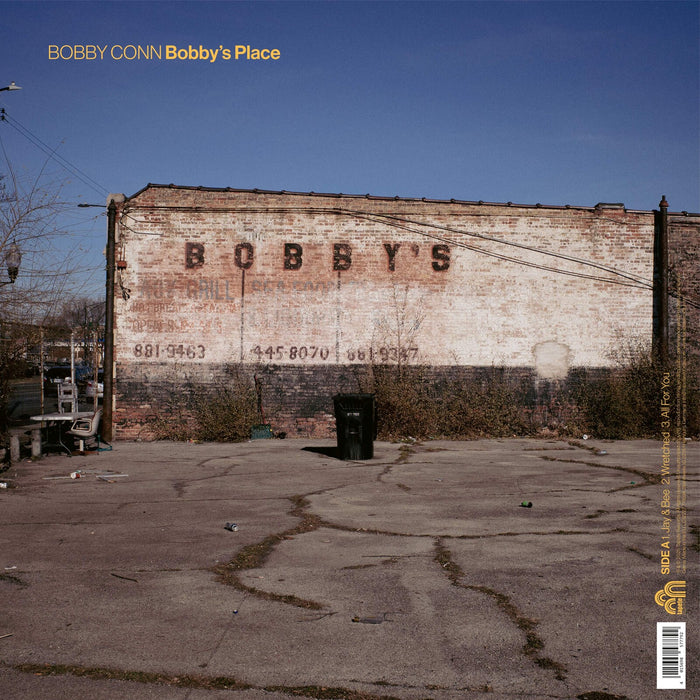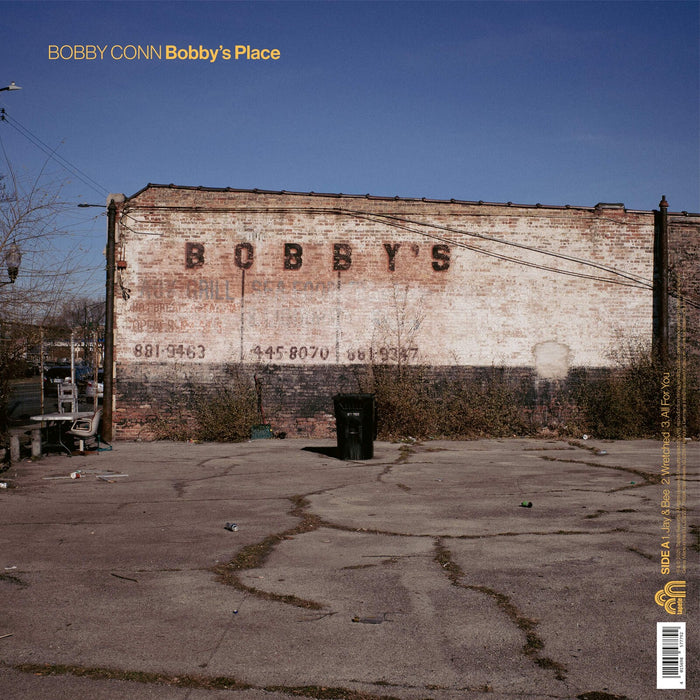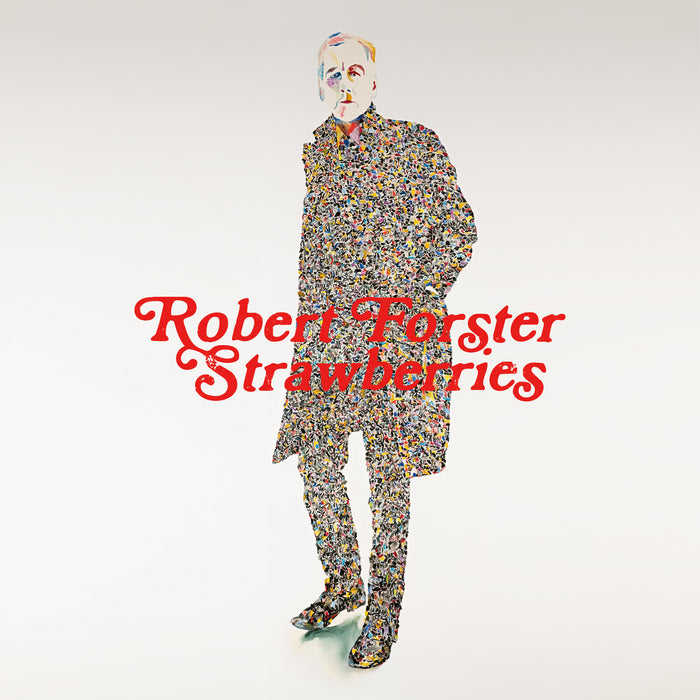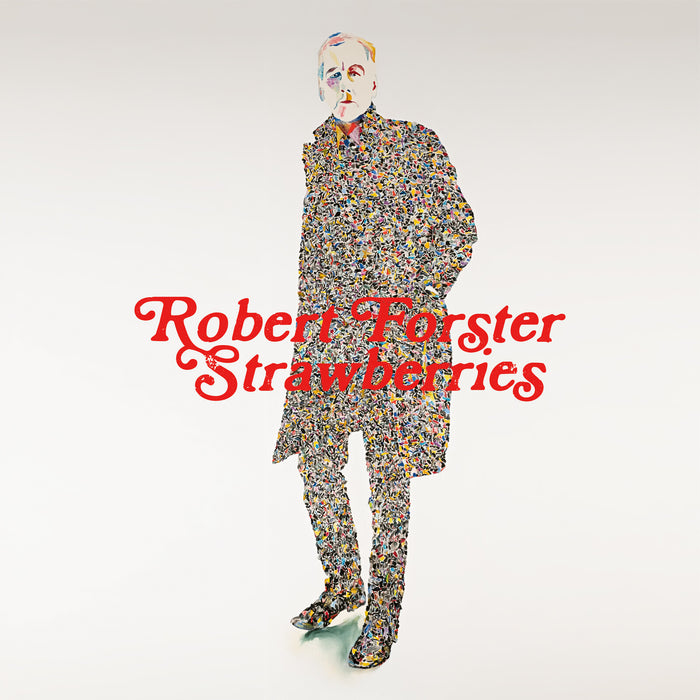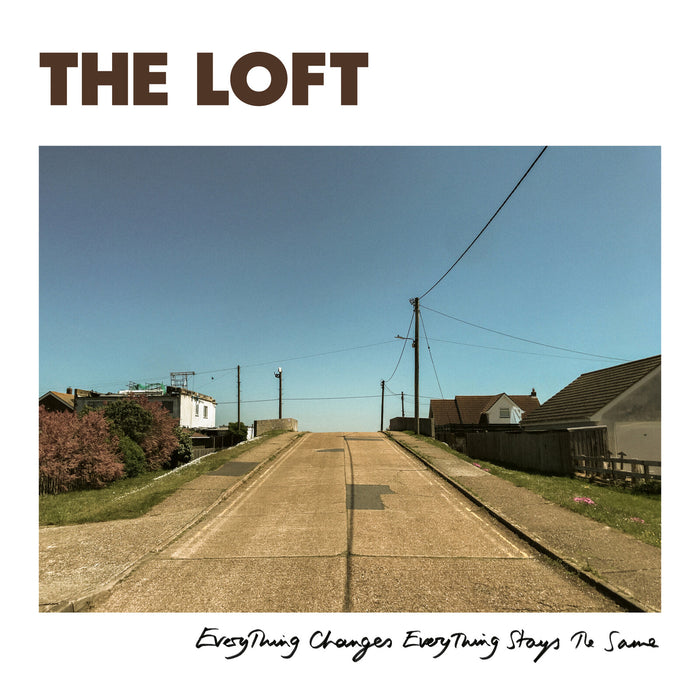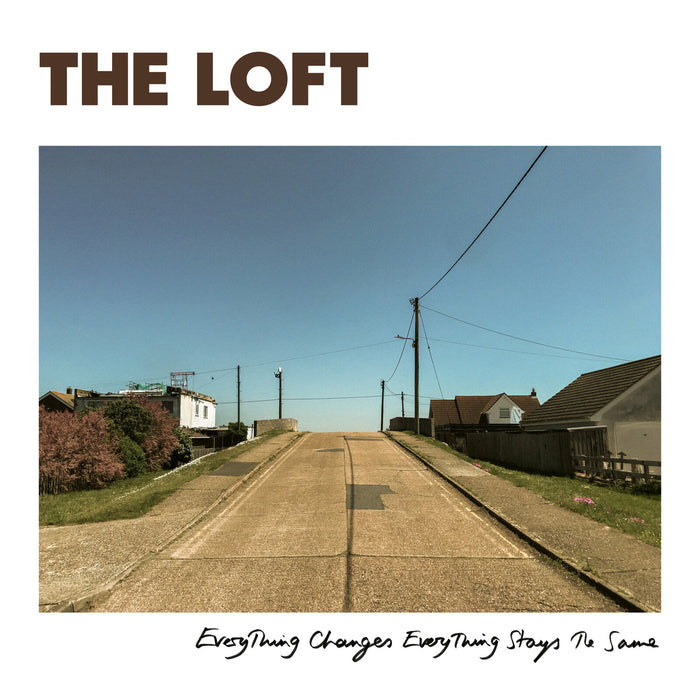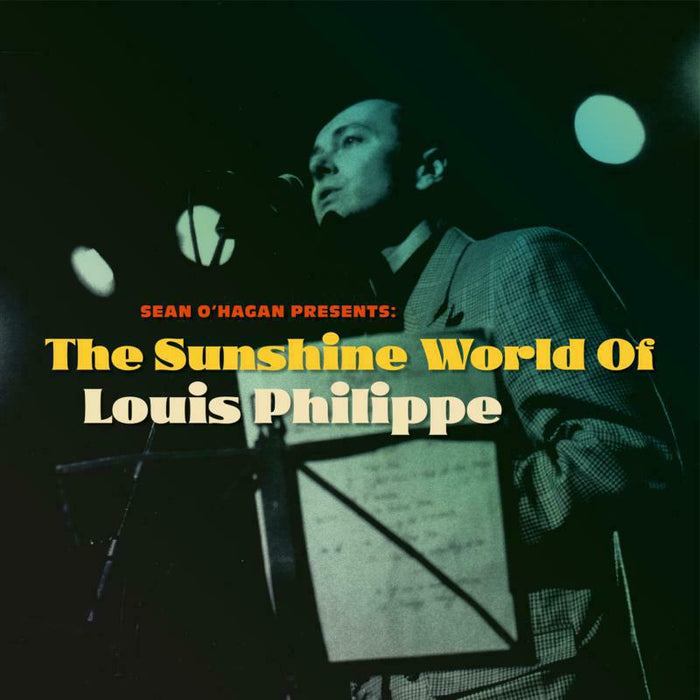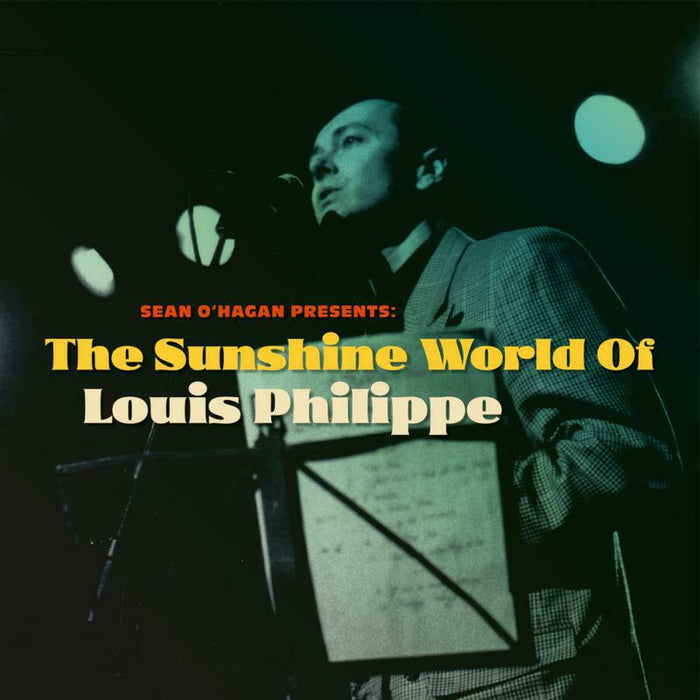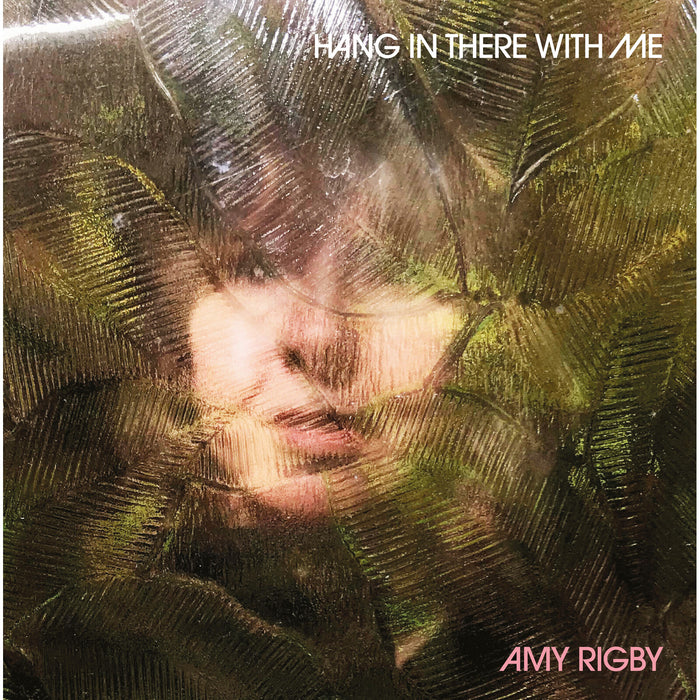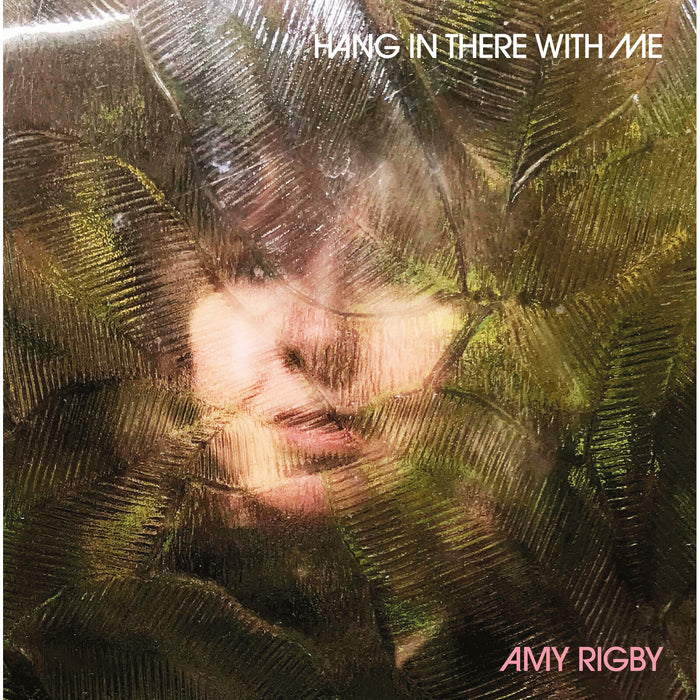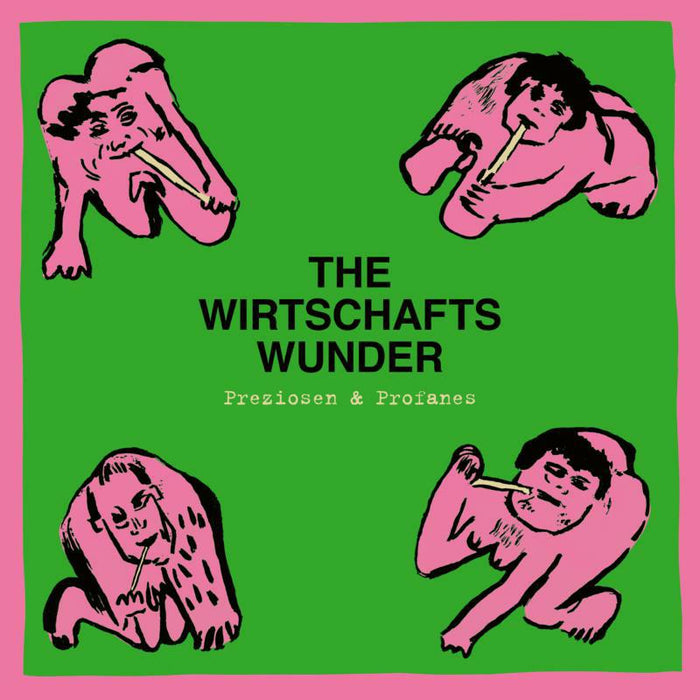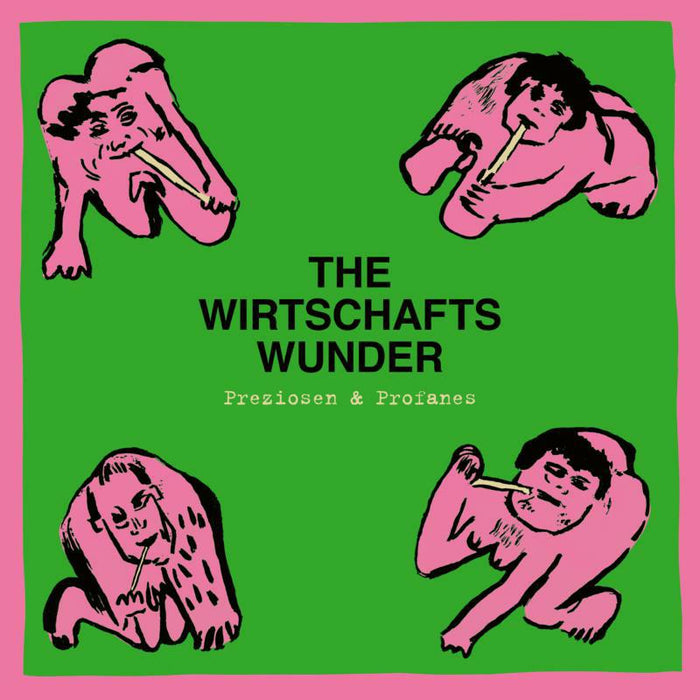Description
Originally reissued in 1980. First official LP reissue of this milestone in European post-punk history. Formed in Limburg in 1980, multinational band The Wirtschaftswunder consisted of Czech-born guitarist Tom Dokoupil, Canadian keyboardist Mark Pfurtscheller, German drummer J?rgen Beuth (also in Die Radierer) and Italian singer Angelo Galizia. Salmobray was recorded by Dokoupil in his basement studio on a 4-track recorder and sounds absolutely state of the art. Punk in the very best sense, who needs the Hansa Studios in Berlin when you can do great things in the basement of Limburg? Even 40 years after the first release Salmobray is a monolith. The Wirtschaftswunder sounded and still sound like no other band: danceable yet disturbing pop that 40 years on is still modern. The Wirtschaftswunder would be a household name today, even internationally, like Einst?rzende Neubauten or Palais Schaumburg, if a touring accident hadn't temporarily interrupted their career at the worst possible time. A great album at long last available again. Ich bin ein Alphabet.It was June 1980, a punk festival at an independent youth centre, hidden away in a Munich backyard. Three days solid, nothing but hard-edged punk. Early on the Sunday afternoon, shortly after dumplings so to speak, a few characters in pale suits and hats appeared, looking like a cross between Madness and the East German politburo. Word got around that they came from out in the sticks, the countryside, and all they wanted to do was play. The Wirtschaftswunder had, in all seriousness, driven five hundred kilometres to Munich. And straight back again after the gig. Just to make a statement. And what a statement it was, one which began long before they arrived on stage. Once there, they sliced their way through the audience with their sheer presence, exuding self-confidence that was neither innate nor divine, but the pay-off for a clear-cut concept. A concept that went beyond visuals and into attitude: destabilization, otherness, shaking things up. Rooted in questions of art, as the avant-garde liked to phrase it back then: 'How do we drag people out of their complacency?' What may sound rather pretentious today was an important concern in the late seventies / early eighties, held back by intransigence. People knew so little, even Munich was something of a backwater in comparison to Hamburg, Cologne or D?sseldorf, where the art academies played such an influential role. The Wirtschaftswunder were never interested in conventional concerts or specific sounds, they were constantly engaged with the presence of genuinely diverse characters. Take Angelo's confused aura of a gastarbeiter (migrant worker) - which was absolutely authentic. He came from Sicily and somehow ended up in a metal goods factory in Limburg. When he sang: 'Ich bin ein Analphabet' ('I am analphabetic', I couldn't help hearing: 'I'm an alphabet'), he really meant it. There was somebody who struggled with this strange German techno world,





